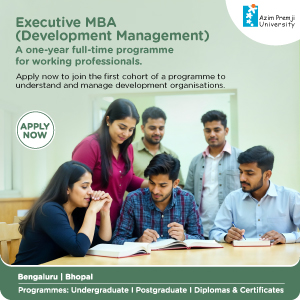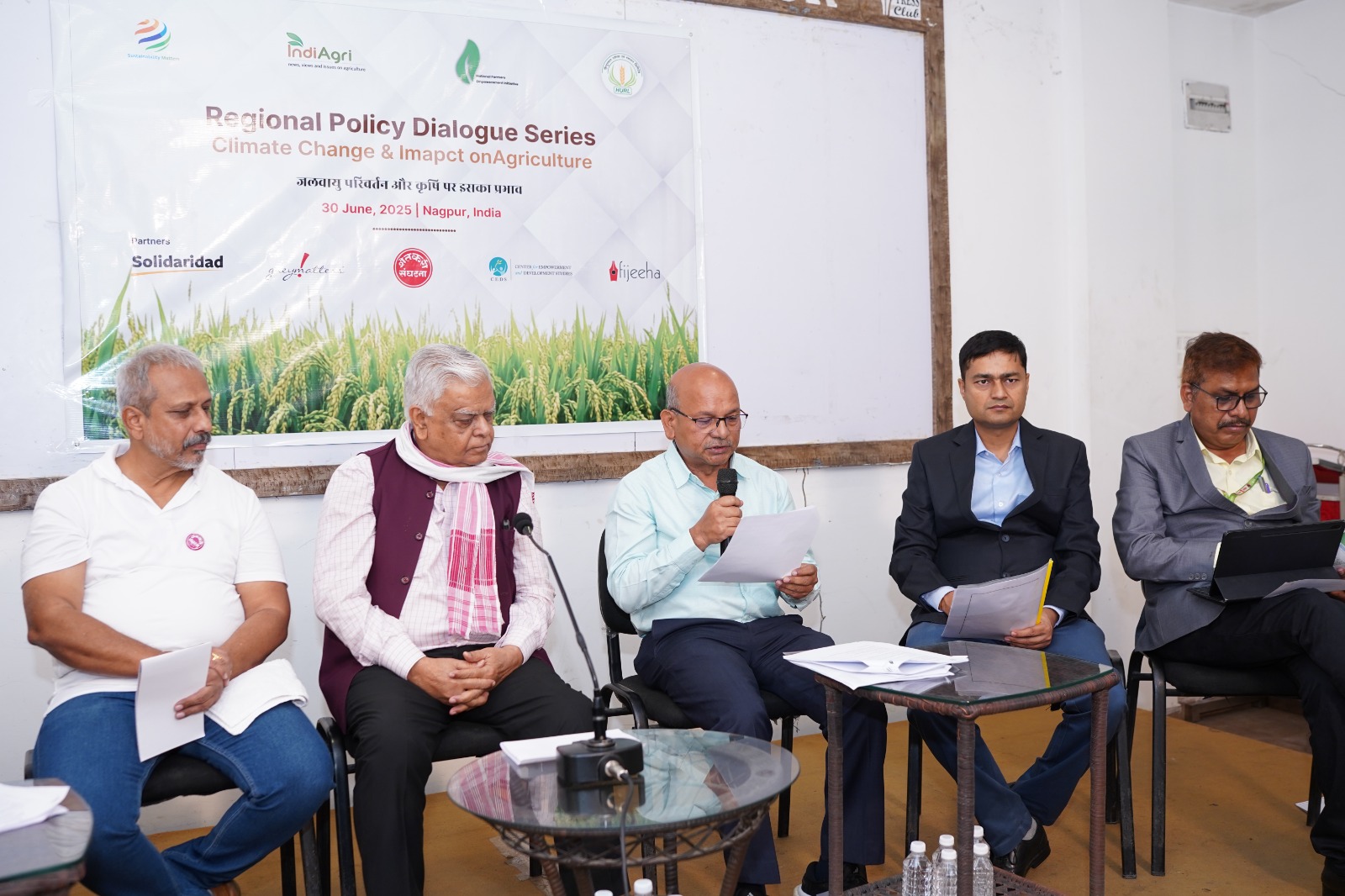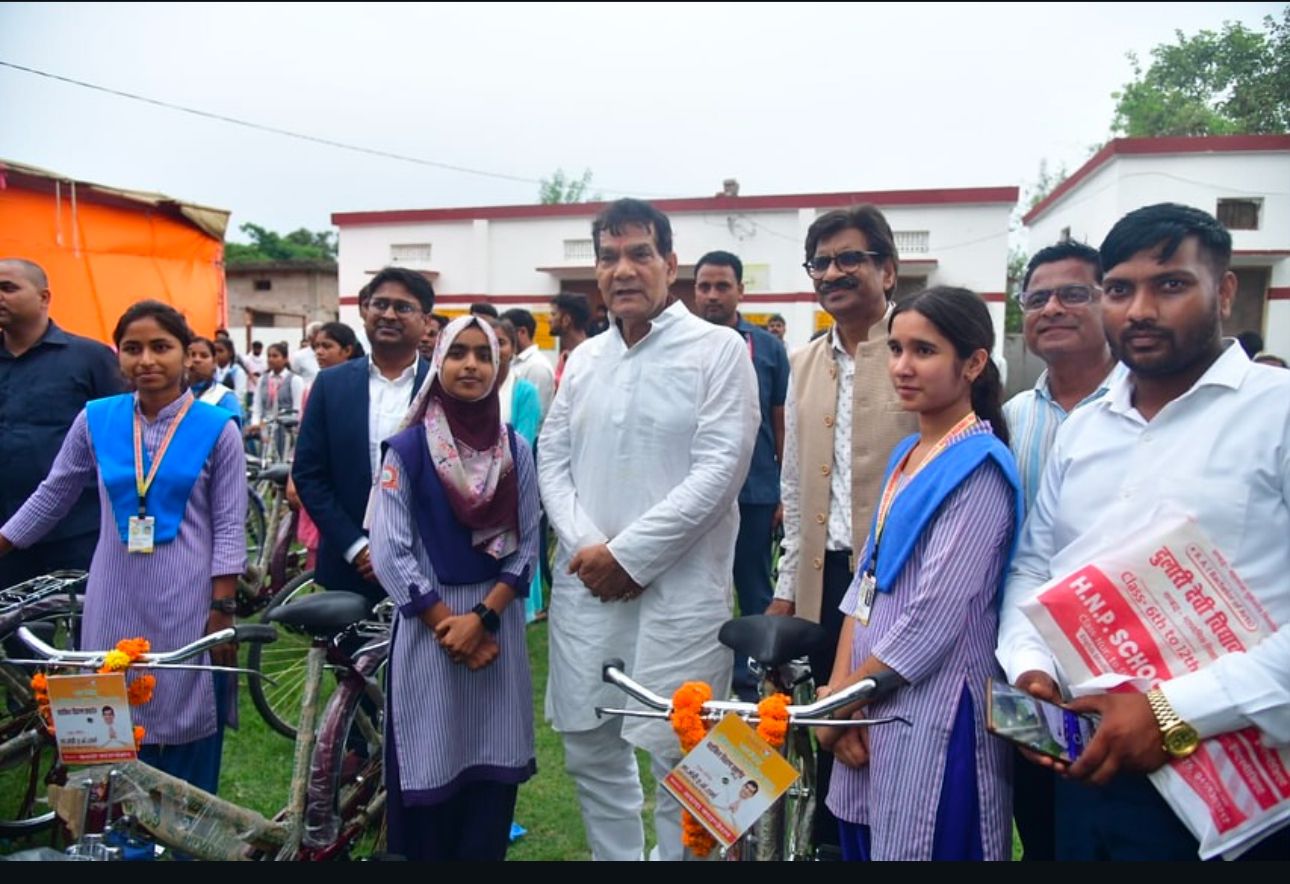Back to the RFP/EOI Listing
Post a RFP/EOI announcement
Advertise with us

Subscribe our Weekly Newsletter
More RFP/EOI
---------------------------------------------
RFP - Research Study to understand the Situation of Child labour and child marriage in Odisha

Organization: Dr. A V Baliga Memorial Trust
Apply By: 20 Jul 2025
Dr. A V Baliga Memorial Trust in partnership with Educo is requesting for proposals for a short-term research study to understand the situation of child labour and child marriage in the state of Odisha.
Dr. A V Baliga Memorial Trust is a non-profit organization operating since 1968 in slums, resettlement colonies, villages across the country including National Capital Territory of Delhi, Uttar Pradesh, Bihar, Jharkhand, Odisha and Rajasthan with holistic approach through various developmental activities comprising education, women’s empowerment, livelihood promotion, children’s and adolescent rights and protection, health, sanitation for over five decades. Please visit us www.baligatrust.org for details.
The research is expected to provide a robust evidence base that highlights the urgent issues children are facing in Odisha, guiding government action and policy development. By documenting and analysing the current situation, the research also aims to serve as a valuable baseline for adding values to the social protection initiatives by the government.
Introduction & Background
In Odisha, where 32.6% of the population lives below the poverty line and figures reach as high as 84% in tribal districts like Koraput, socioeconomic disparities deeply impact children's well-being. This extreme poverty exacerbates vulnerabilities due to factors such as food insecurity, inadequate healthcare, harmful social practices, migration for livelihoods, natural disasters, climate change and the impact of Left-wing extremism. In these settings, children face significant risks, including child marriage, labour exploitation, trafficking, bonded labour, and poor educational and health outcomes, particularly in rural and tribal areas. Despite the existence of national and state laws designed to protect children's rights, the implementation of these laws remains inconsistent.
The research initiative aims to thoroughly investigate the current situation of child labour, and child marriage in Odisha, focusing on how migration, cultural norms, beliefs, disaster, climate change and other factors contribute to these issues. By understanding the underlying causes and trends, the research seeks to identify critical areas requiring government intervention and provide a foundation for future initiatives.
The research will be conducted using a combination of primary and secondary data sources. It will examine the prevalence of child labour and child marriage considering the trend of child migration across various regions of Odisha, document the state government's existing interventions, and identify gaps and areas needing improvement. The research will also analyse how cultural practices and belief systems perpetuate these harmful practices. The findings will be compiled into a comprehensive report, to be shared with legislators to inform their discussions and decision-making processes. A policy brief, based on the research findings, will also be developed and presented to the state government to advocate for necessary policy adjustments.
2. Objectives
The study should aim to:
- Map prevalence: Estimate current rates of child labour, child marriage, and migration across districts (focus on Kandhamal, Nabrangpur, Ganjam, Koraput, Kalahandi, Bolangir, Raygada, Keonjhar, Khurda, Jajpur, Sundergarh, Balasore and Puri).
- Analyse drivers: Covering rural and urban scenario identify root causes—poverty, unemployment, disaster and climate change, cultural norms, dowry, tribal traditions, access to education and social protection schemes. Understanding age and sector specific engagements of children in workforce. Engagement of 15- 18 years in hazardous/non-hazardous sectors etc.
- Understand overlaps: How child marriage and migration intersect with labour and education.
- Evaluate responses: Assess effectiveness of policies/programmes—NCLP, ICPS, SHGs, Panchayat-level awareness.
- Recommend actions: Build a strategic framework for interventions and policy improvements.
3. Scope of Work
- Desk research: Review legislation, government schemes (ICPS, Kishori Shakti Yojana), and secondary studies.
- Quantitative survey: Surveys in 6–10 high-burden blocks to capture prevalence and trends.
- Qualitative research: Focus groups and interviews with children, parents, teachers, SHG leaders, government officials, NGOs.
- District-level case studies: Explore enforcement challenges and best practices in targeted districts.
- Stakeholder mapping: Identify roles of government (e.g. OSCPS, DCPUs), SHGs, NGOs, local leaders.
- Policy review: Analyse coordination gaps across CWC, police, education departments; evaluate SOP implementation.
4. Timeline
|
Phase
|
Duration
|
|
Inception & detailed design
|
2 weeks
|
|
Desk review & tool development
|
3 weeks
|
|
Fieldwork (surveys, interviews)
|
4 weeks
|
|
Data analysis & drafting
|
2 weeks
|
|
Validation meetings
|
1 week
|
|
Final report & dissemination
|
2 weeks
|
5. Proposed Budget (Indicative)
Budget lines could include:
- Personnel (researchers, field teams)
- Travel & logistics (covering diverse tribal and rural areas)
- Survey expenses & data analysis
- Stakeholder workshops
- Reporting, translation and dissemination (Exact figures to be provided by bidders, with unit costs.)
6. Deliverables
- Inception report with detailed methodology
- Survey tools and data collection instruments
- Progress updates after desk review & fieldwork
- Draft report, including preliminary findings
- District-level briefs with tailored recommendations
- Final comprehensive report (executive summary, key findings, actionable roadmap)
- Dissemination materials (policy brief, PPT for stakeholder use)
7. Selection Criteria
- Proven experience in child rights studies in India
- Strong research team with quantitative and qualitative expertise
- Familiarity with Odisha’s socio-cultural landscape
- Partnerships with local NGOs or SHGs
- Demonstrated ability to convert research into policy-relevant recommendations
- Sound project management and ethical standards for working with children
8. Evaluation & Follow-Up
Proposals will be evaluated on:
- Methodological rigor
- Contextual experience
- Feasibility and clarity in timeline & management plan
- Value for money and budget transparency
- Post-study follow-up may include supporting state-level dissemination workshops and assisting departmental uptake of recommendations.
Application Guidelines
Deadline: 20th July 2025
Format: Proposal , annexes, team CVs, past references
Submit to: bteduco24@gmail.com, baligatrust83@gmail.com
Latest Online Store
Latest Grants
Latest News
© Renalysis Consultants Pvt Ltd

























.jpg)


